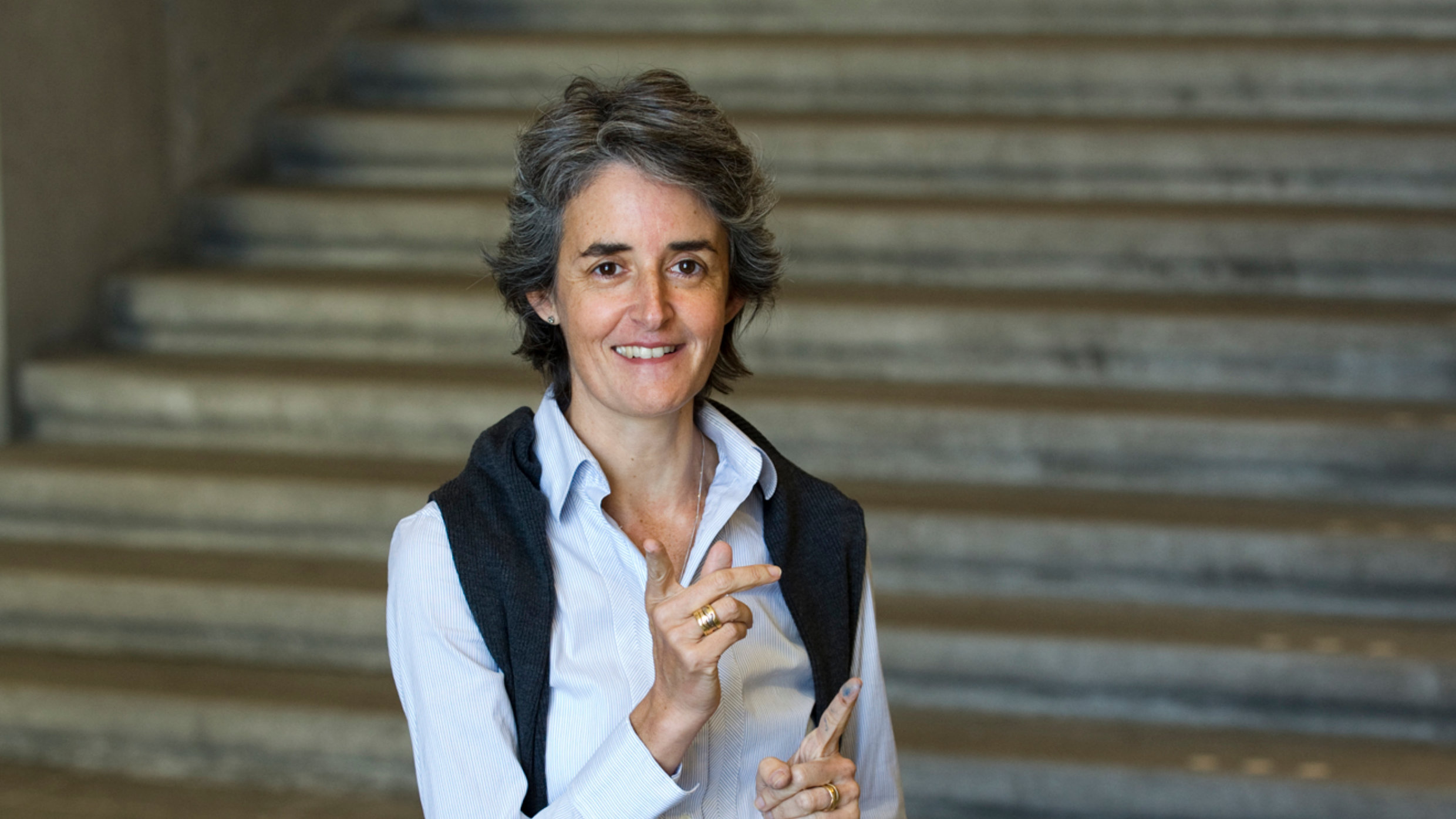Navigation auf uzh.ch
Navigation auf uzh.ch

It is more common to invite people in Spain, yes. But I would say it’s typically Maria. A colleague from Sweden used to say that I had a „salon“ at home. I’m not a party person, but I enjoy a relaxed conversation with friends.
A Spanish tortilla – but instead of potatoes I only used onions to make it lighter and sweeter.
We were approached by the University of Zurich when we were in Sweden. As my husband is Italian, it was an opportunity to move closer to our families. And while many people are wary when it comes to moving their children, we thought it was a fantastic opportunity for our daughter to get to know a new culture and a new language. Switzerland is known for its good public education. I think it was a great choice for all.
As a mother I like the fact that it is very safe and that one can walk almost everywhere. We do not have a car. The city is very clean, it is pretty and has a lively cultural life with very good concerts. I also find that the public transport system is excellent and very reliable. This allows you to plan things last minute. I like the Swiss engineering mindset.
To tell you the truth, I became an economist a little by accident. Originally I wanted to study architecture. But I am the sixth child in our family and for my parents this seemed a risky option. That’s why I studied economics. Then I happened to be good in economic theory.
It was a natural development somehow. At the end of my studies, I was asked to join the Department of Economic Theory at the University of Valencia. Then a female professor who had studied at the London School of Economics encouraged me to apply for a master’s degree there and I was accepted. I had planned to do only a master, but ended up doing a Ph.D. on game theory at the University College London after having met Ken Binmore, a leading game theorist. You know, I met the right people at the right time. I think luck is very important in life. Probably much more than people want to recognize.
When it comes to research, it is exciting when you get some unexpected results out of a very simple set of assumptions. For instance, I did some research on deadlines. You are certainly familiar with that: you have a deadline, but at the same time there are a lot of potential distractions or competing activities that can unexpectedly prevent you from working on the task with the deadline. It happens that a person who is more likely to be distracted might actually be more efficient than a person who is less prone to distractions. Being aware that they are easily distracted, these workers start working on the task earlier and as result are more likely to meet the deadline. I also like teaching because it allows me to be in touch with young people. I find it very refreshing and enriching.
Already when posing a question that you want to do research on, there is some introspection. Why do we fail to do certain things? It is interesting to learn from the results.
In a concert hall, a bookshop or walking in the streets. I like to discover new cities, see how people live and learn about their culture.
The St. Matthew Passion at KKL last week. I adore Bach. This time I was particularly touched by the soprano aria „Aus Liebe will mein Heiland sterben”. It is incredible what emotions a flute, two oboes da caccia and a voice can evoke!
Author: Priska Feichter